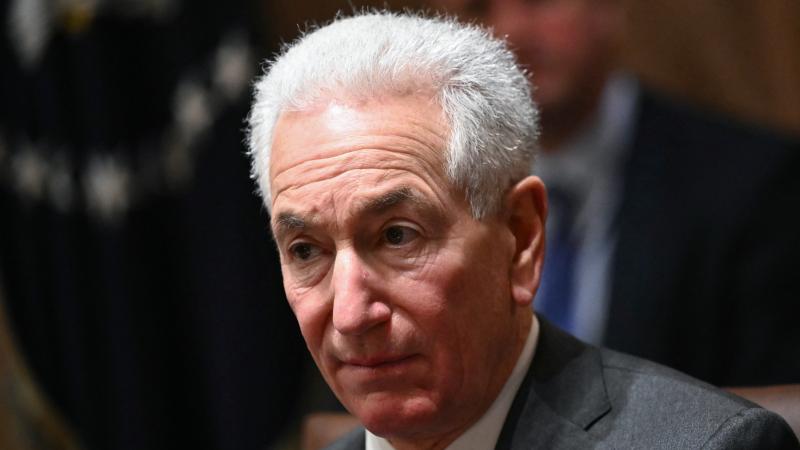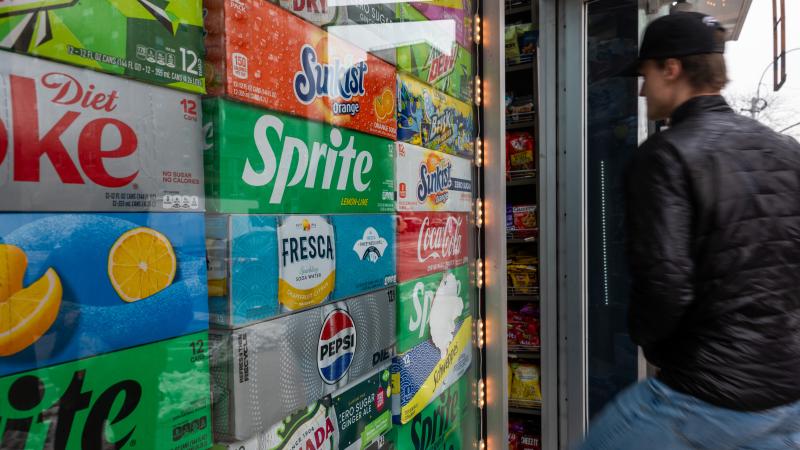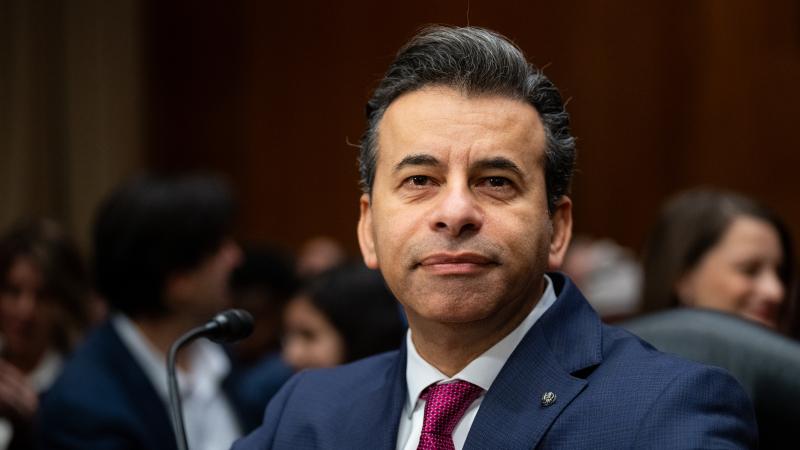National debt could hit $40 trillion by end of pandemic, congressman warns
"This is going to boomerang on us and it's going to boomerang hard when all the printing and the borrowing and the loaning catches up to us," Massie warned
Rep. Thomas Massie, R-Ky., is warning that federal coronavirus stimulus spending could drive the national debt to $40 trillion by the end of the pandemic.
“The governors are talking about opening the economy back up, but they're talking about doing it under limited circumstances, and they're all warning they will shut it right back down if they see an increase in the numbers of COVID infections. And there's no reason to believe the numbers won't increase when they open it back up,” Massie said during an interview with Just the News.
“We've spent $7 trillion — spent or loaned. I think you can expect to see us spend or loan at least another $7 trillion so $14 trillion, round it up to $20 trillion. We’ll probably, if you count the extra stuff that's on the balance sheet at the Fed, we’ll probably double the $20 trillion debt before this is over with,” he added.
The debt held by the public is currently close to $20 trillion and the total outstanding national debt is more than $25 trillion.
Massie, a member of the House Committee on Oversight and Government Reform, was asked how much he thinks the national debt will rise by the beginning of 2021.
“There's no end in sight until we tie some of this money to the governors opening their states back up for business — that’s the only way this thing comes back to normal,” Massie said.
“The problem with that is it turns out the stimulus package or the bailout package, whatever you want to call it, is about 80 percent popular right now with the American people — because it's popular to do these bailouts, congressmen are going to keep meeting and doing the bailouts,” he added.
Massie said the only thing that's going to “snap people back to reality” is when there are empty shelves at grocery stores or Walmarts because people have been "getting their money" from government programs but haven't been going to work.
“This is not sound policy, and it will catch up with us. Actually the worse situation would be if 5 years from now we’re all paying 30 percent of our income in interest to somebody but I don’t know who we’d be paying it to. Who’s going to loan it to us at some point? I think the interest rates are going to start going up,” he said.
Massie explained that the potential for rising interest rates was of great concern among GOP lawmakers during their recent discussion with Federal Reserve Chairman Jerome Powell.
“Behind closed doors, they seem like raging fiscal conservatives. It's only when they get to the floor and vote that they lose their minds and their principles. But behind the scenes on this conference call, they were all talking about the problems of inflation and the problem of when you borrow too much money without a sound plan for paying it back in a timely fashion that interest rates inevitably have to go up,” Massie said.
“You're going to see the rate, not just the debt go up, but the rate of interest that we have to pay on the debt is going to go up too and when this is all over, we'll probably be paying at least as much interest as — $600 billion a year — as we spend on the military,” he added.
The Democratic-led House and Republican-led Senate passed the $2.2 trillion CARES Act in late March as the third-phase coronavirus economic relief.
Senate Democratic leader Chuck Schumer wants a "Rooseveltian" size fourth coronavirus package focused on state and local assistance. Other items discussed as part of the Democrats' plan include rent assistance, universal broadband, infrastructure upgrades and more direct stimulus payments.
Massie said he plans to vote against additional coronavirus stimulus spending.
"This is going to boomerang on us, and it's going to boomerang hard when all the printing and the borrowing and the loaning catches up to us," he said. "And the burden is going to be on the middle class, the productive members of society who go out to work every day, pay the bulk of the taxes and that's who it's going to come down on."














